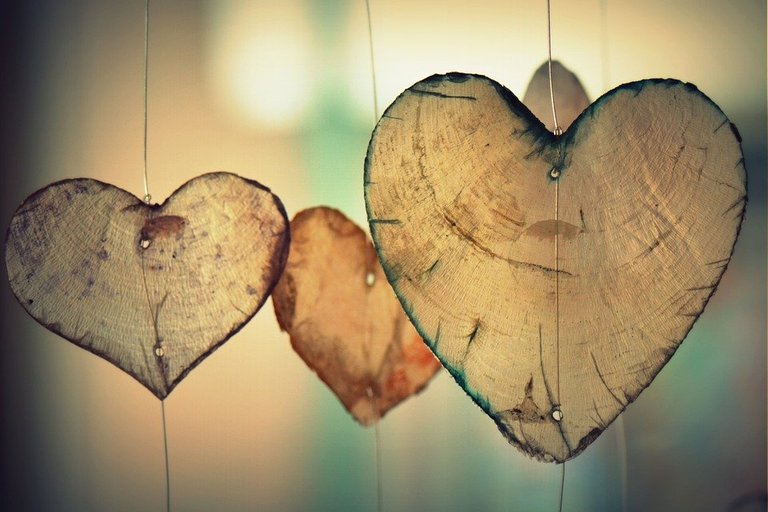
You see, I am the opposite of you by nature. And it's not because we're different, or polar opposites, or anything like that, it's because "I" is literally the opposite of "you". It is true, as long as you are "you", it is somewhat inevitable that we will find ourselves on opposite sides, with very different interests. Yes, you could say that it is a conspiracy carried out by linguists to divide us and make us confront each other. However, this is not just a linguistic dichotomy, and if we want to leave this opposition behind we had better get rid of this "you" and this "I".
What is "you"? That's a difficult question; it can be so many things that I'm not sure. I would say it is a set of thoughts with which we identify. You can identify so much with such thoughts that you come to believe that you are the thoughts themselves. This is like believing that we are our identification card. It's like someone who identifies a lot with "I'm not the kind of person who dances" and then doesn't dance even if he wants to because he's "not that kind of person."
So, you may as well not be "you", if that makes sense. That's the first thing to realize.
The second thing is, you can also be "me". In other words, you can "identify" with me in such a way that you see me as a part of you. Don't believe me? Don't you know what happens sometimes when we listen or watch to a sad story or movie? Sometimes, when we see a character that resembles us in some way, or reminds us of someone we love, or something similar, we identify with them. And by identifying so closely with the character of the story, we naturally feel what he feels, and if he suffers, it is possible that this fictional character will make us cry because of his misfortune. We support this character as if he were ourselves. And we cry for something that does not happen in reality because a part of us identifies with him and experiences what he experiences, as if we ourselves were living the same as him. You can actually learn from those experiences as if they were real, even though you have not lived them. I would say that you can, in fact, purge emotions by reading a good novel or watching a good movie. That's why they are so emotionally engaging.
This also happens in reality, when mothers feel what their children feel, or lovers with each other, or very close people in general. The reason for this: love and sympathy. Love is the greatest "I" dissolver, I think. It makes you feel empathy and compassion for another human being, it makes you feel happy or sad for him or her, it makes you identify not only with yourself but with the other person. To see yourself in the other. Love, if it is deep, makes you religiously obliging and altruistic, when if you try to fulfill any of these precepts without love, it will be like a heavy burden.
So, you may as well not be "you", again.
I do think that what those sages of the past said, that everything was complete oneness, is fundamentally love. And their moral code was "love and do what you will", knowing that no evil is the product of love. For love is what binds the world together. Love makes you one with the beloved object. As long as I am me, I am not her, and as long as I am her, I am not me.
Love is the realization of unity beyond any intellectual understanding. It is what makes you overcome the limitations of the self, and realize that you and the universe may not be two different things.
Image Source: 1

